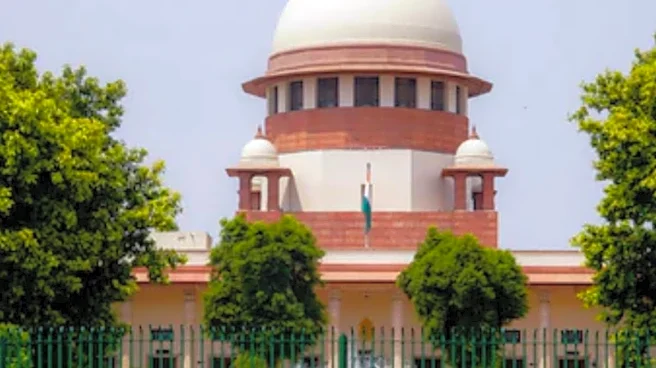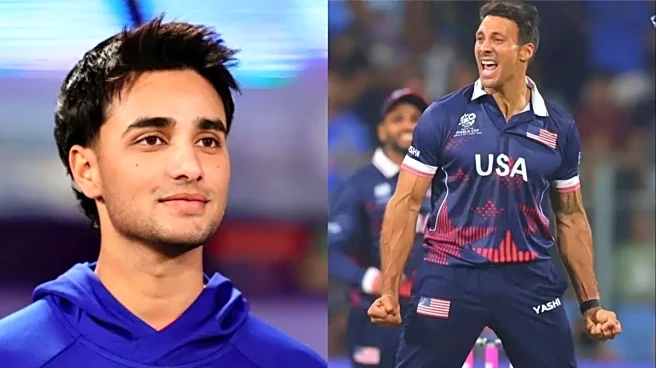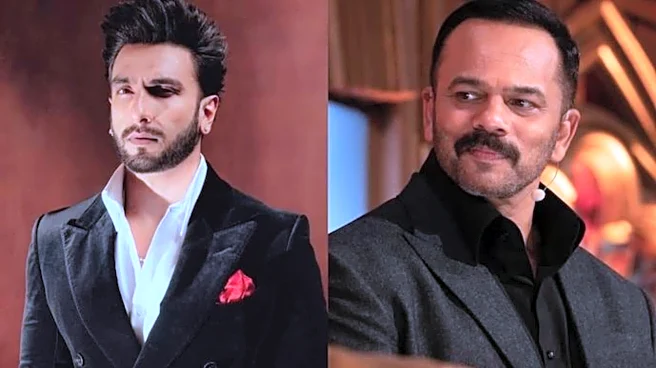The Supreme Court on Tuesday backed a proposal to use de-duplication software to identify multiple entries of the same voter in the electoral rolls across India.
While hearing an application filed by the Association for Democratic Reforms (ADR) seeking directions to the Election Commission of India (ECI) on ensuring transparency and accuracy during the ongoing Special Intensive Revision (SIR) of electoral rolls in several states, a bench of Justice Surya Kant and Justice Joymalya Bagchi noted it as a “good suggestion,” Livelaw reported.
During the hearing, Advocate Prashant Bhushan, appearing for ADR, said that the poll body could deploy de-duplication software to weed out multiple entries of the same voter from the voters’ list.
“That’s a good
suggestion; there should be no problem with that,” Justice Kant said.
Bhushan also sought directions to ensure that the ECI does not use the SIR process to determine the citizenship status of voters, arguing that the Commission lacks such authority. Responding to this, Justice Kant said, “If they have power, they will determine. If not, they will not. This issue will arise in the final matter.”
The petitioner also urged that ECI should give an acknowledgment slip to all voters who submit enumeration forms. “The forms are not being uploaded on websites. So people do not have proof that they have filed the enumeration form,” Bhushan said.
Another request was for the ECI to provide the 2002 electoral roll in a machine-readable format, allowing voters to search for family names easily. The bench, however, referred to the 2018 Kamal Nath case, where the Court held that the electoral roll need not be furnished in a machine-readable form.
Justice Bagchi cautioned that converting voter rolls into easily searchable databases raised concerns of data privacy and security. “There’s an issue of collective protection of data of Indian citizens. Data itself is a valuable asset, and the ECI is holding it in trust,” he remarked.
He further suggested a password-protected verification mechanism, where individual voters could securely access their information on an encrypted database.
In response, Bhushan questioned why the ECI could not provide data in a machine-readable format, noting that third parties could already convert it. To this, Justice Bagchi quipped, “You lock your house, but it can still be broken. Is it a good reason not to lock it?”
Meanwhile, the top court sought the Election Commission’s response to six petitions challenging the Special Intensive Revision (SIR) of electoral rolls currently underway in 12 states and Union Territories, including Tamil Nadu and West Bengal.
The petitions have been filed by the ruling DMK, the CPI(M) and the Congress in Tamil Nadu, while the West Bengal Pradesh Congress Committee has separately moved the Court against a similar exercise in the state.
The Supreme Court is already hearing petitions challenging a similar SIR exercise in Bihar, which was first ordered by the ECI in June 2025. Despite those proceedings being pending, the ECI extended the SIR to other States and Union Territories, including Tamil Nadu, through an order dated October 27.
The Supreme Court has directed the Election Commission to submit its response to all fresh petitions concerning the SIR in Tamil Nadu and West Bengal. The matter will be heard next after the ECI files its reply.





/images/ppid_a911dc6a-image-177105042575465447.webp)

/images/ppid_a911dc6a-image-177105033328862095.webp)
/images/ppid_a911dc6a-image-177105037137039801.webp)







/images/ppid_59c68470-image-177105003415990657.webp)

/images/ppid_59c68470-image-177105003432353455.webp)
/images/ppid_a911dc6a-image-177104902795770968.webp)